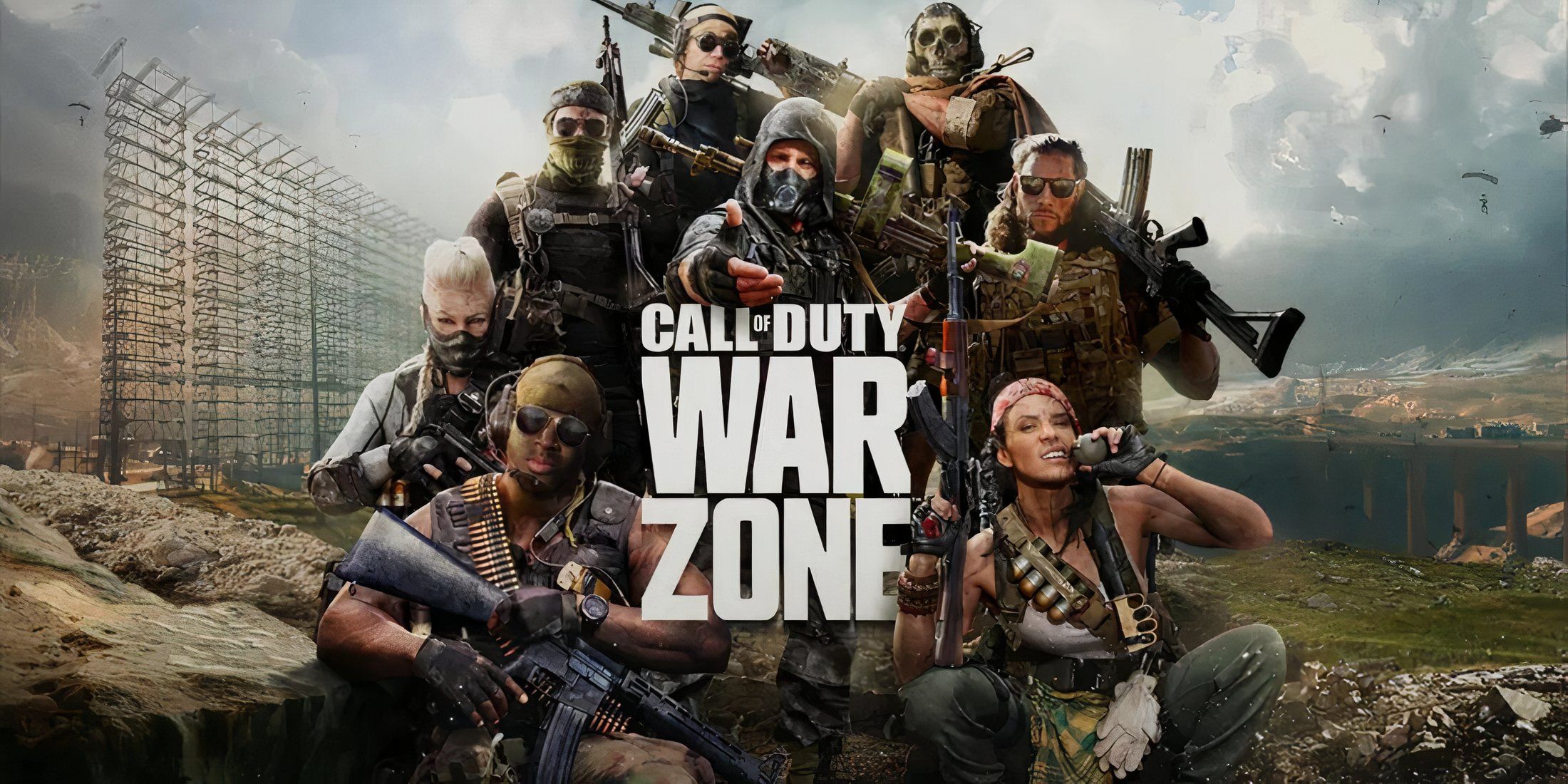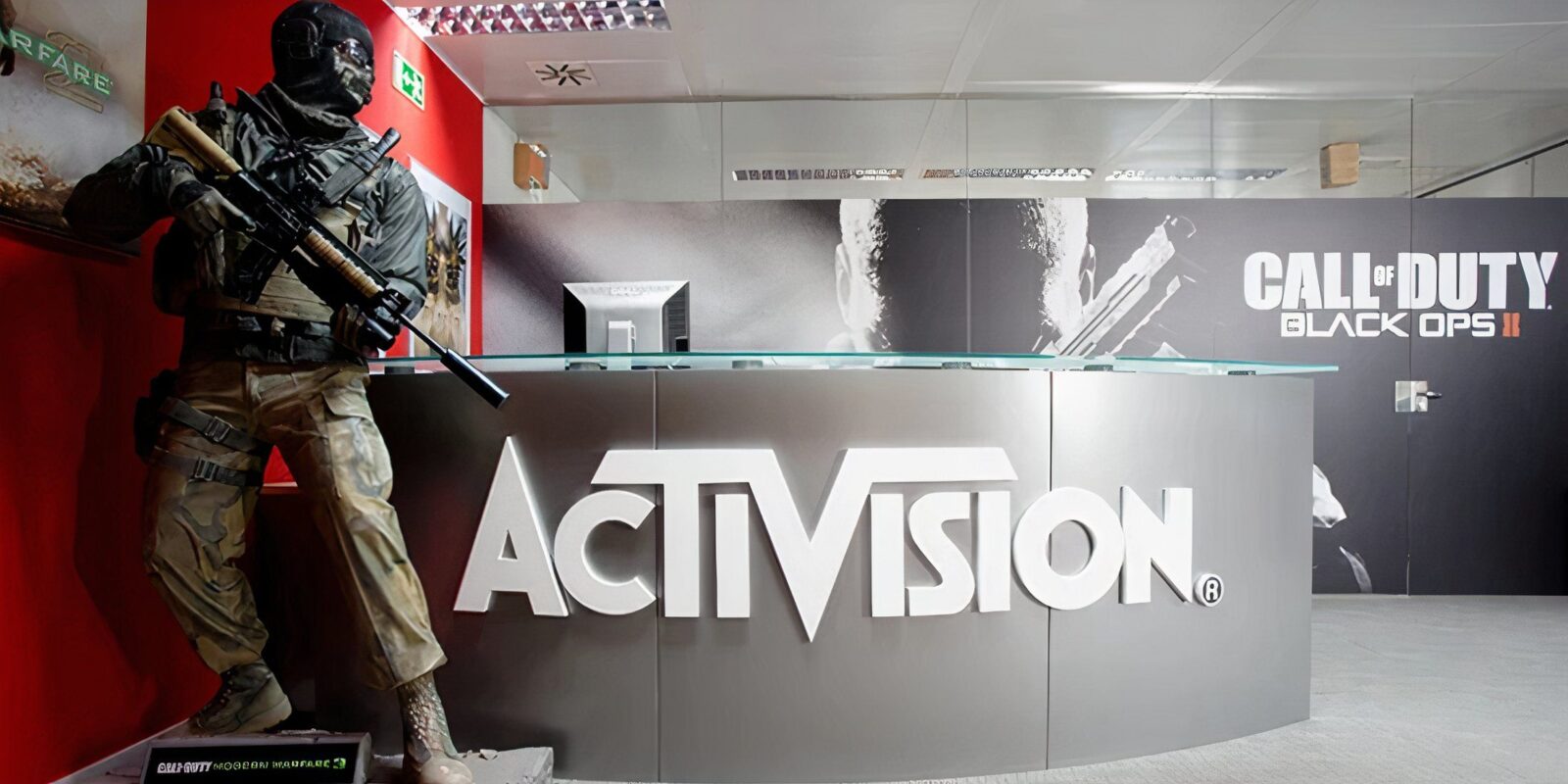Summary
- Activision denies allegations linking Call of Duty to Uvalde tragedy and defends the franchise’s content as protected by First Amendment.
- Activision’s defense includes declarations from experts countering claims of the game being a “training camp for mass shooters.”
- Uvalde families have until late February to respond to Activision’s submitted documentation in ongoing lawsuit.
Activision has filed a comprehensive defense in response to lawsuits stemming from the tragic Uvalde school shooting in 2022. The lawsuits, brought forth by families of the victims in May 2024, allege that the shooter was influenced by violent content in Activision‘s Call of Duty series.
The shooting at Robb Elementary School on May 24, 2022, resulted in the deaths of 19 children and two teachers, along with injuries to 17 others. The shooter, an 18-year-old former student of Robb Elementary, had been a regular Call of Duty player, downloading Modern Warfare in November 2021, and used an AR-15 rifle similar to one featured in the game. The lawsuit alleged that Meta, through Instagram, facilitated connections between the shooter and firearm manufacturers, exposing him to advertisements for weapons like the AR-15, which he later purchased. The families claimed that both Activision and Meta helped create a harmful environment that preyed on insecure, impressionable adolescents, indirectly encouraging violent behavior.

Related
Call of Duty: Warzone Glitch Is Getting Players Suspended From Matches
A new glitch in Call of Duty: Warzone causes players to be wrongly suspended from Ranked Play matches, sparking frustration among the player base.
According to Game File, Activision has formally responded to the California lawsuit, submitting a 150-page defense last December. The company denied all allegations and argued there was no direct connection between Call of Duty and the Robb Elementary School tragedy. Activision also sought the dismissal of the lawsuit under California’s anti-SLAPP laws, which aim to protect free speech rights from legal abuse. In a separate filing, the publisher emphasized that Call of Duty is an expressive work protected by the First Amendment, asserting that claims against the game based on its “hyper-realistic content” contradict this fundamental right.
Activision Defends Call of Duty in Uvalde Lawsuit
To support its defense, Activision included a 35-page declaration from Notre Dame professor Matthew Thomas Payne, who argued that Call of Duty follows the tradition of military realism seen in war films and TV, rather than being a “training camp for mass shooters” as the lawsuit suggested. Additionally, Patrick Kelly, head of creative for Call of Duty, provided a 38-page submission detailing the game’s design, including information on the $700 million budget for Call of Duty: Black Ops Cold War. These documents are part of Activision’s broader strategy to challenge the claims made by the Uvalde families, aiming to counter the legal arguments presented in the lawsuit.
Activision’s submitted documentation includes much more detail, and the Uvalde families have until late February to respond to these filings. While the outcome of this case remains uncertain, it is worth noting that violent video games have frequently been blamed in the past for mass shootings, making this case part of a broader ongoing debate.












Leave a Reply